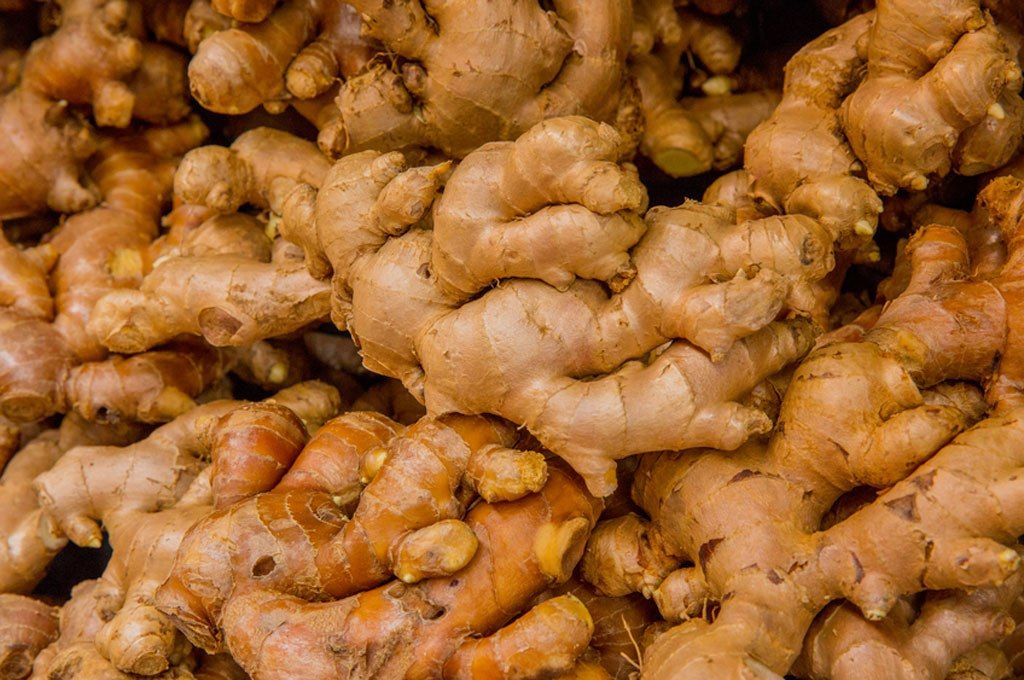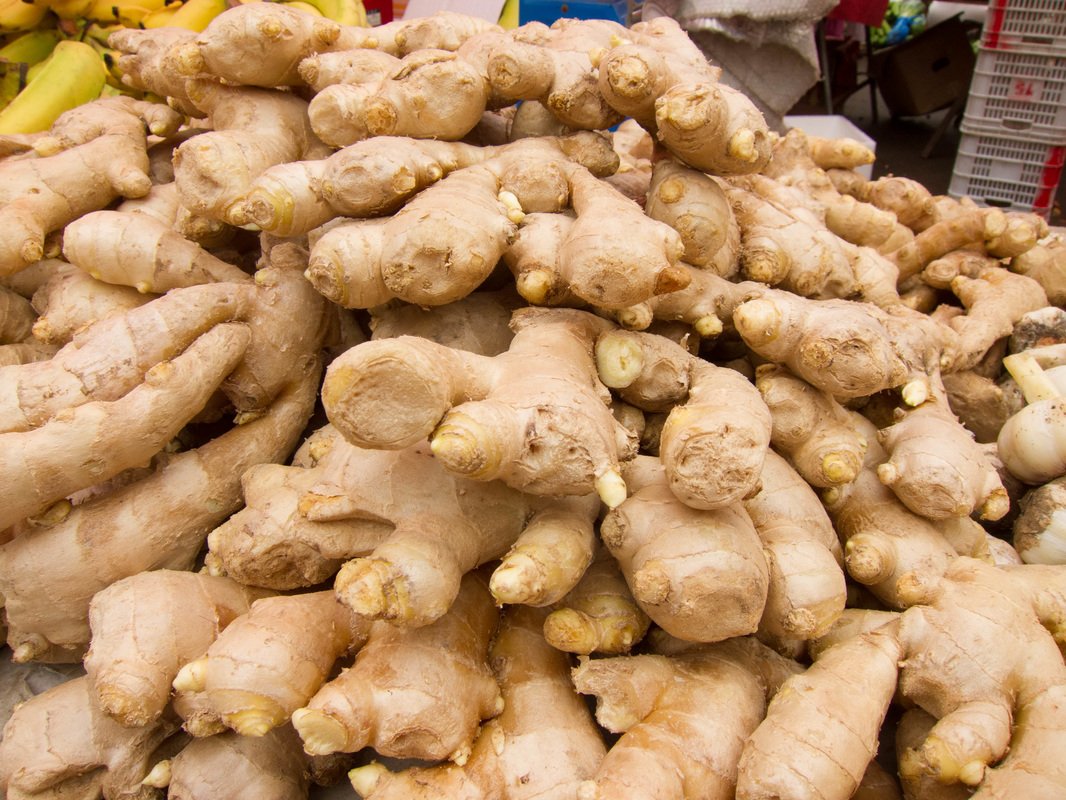Ginger, a versatile and highly sought-after spice, has seen a surge in demand both locally and internationally due to its numerous culinary and medicinal uses. For ginger farmers and producers, successfully marketing this commodity requires a clear strategy to penetrate both the local and export markets. This article will explore actionable strategies to help you position your ginger effectively, ensuring that your product not only reaches the right customers but also commands premium prices.
1. Understand Your Market
The first step in marketing your ginger is to understand the specific demands of both the local and international markets. While the local market may focus more on fresh ginger for cooking and medicinal uses, the export market might demand dried, powdered, or processed ginger for use in various industries such as food processing, cosmetics, and pharmaceuticals.
Local Market Trends:
- In regions where ginger is a staple in cooking, consumers often prefer fresh ginger.
- Demand for ginger-based products such as ginger tea, ginger oil, and snacks has been growing in health-conscious consumer segments.
Export Market Trends:
- The global market, especially in countries like the US, UK, China, and India, values dried and processed ginger for longer shelf life and ease of shipping.
- High demand also exists for organic ginger, which can fetch premium prices in international markets.
By conducting market research, you can tailor your marketing efforts based on the unique demands of your target audience.
2. Product Quality and Standards
Maintaining high product quality is non-negotiable when it comes to marketing ginger. Both local and export markets require stringent adherence to quality standards, especially in the export market, where different countries impose their own import regulations.
For the export market, focus on:
- Adherence to international quality certifications, such as GlobalG.A.P, HACCP, or USDA Organic, which assures buyers of the quality and safety of your product.
- Proper drying, cleaning, and packaging of your ginger to ensure it retains its aroma, flavor, and nutritional value during transportation.
For the local market, fresh, well-cleaned, and properly sized ginger with no signs of rot or damage will gain customer trust and build a loyal customer base.
3. Branding and Packaging
Effective branding and packaging can distinguish your product from competitors and increase consumer loyalty.
- Local Market: Attractive packaging that includes information about the origin, health benefits, and uses of ginger can appeal to health-conscious consumers and retail outlets.
- Export Market: Focus on sustainable and eco-friendly packaging, which is increasingly favored in international markets. Clear labeling with country of origin, certifications, and product specifications (such as organic, non-GMO) is critical.
Having a well-thought-out brand message that emphasizes the uniqueness of your ginger (e.g., “organically grown in the fertile lands of Nigeria”) can boost its market appeal.
4. Utilize Digital Marketing
Digital marketing is an effective and low-cost tool for promoting your ginger to both local and international buyers.
For the Local Market:
- Leverage social media platforms like Instagram, Facebook, and WhatsApp to showcase the benefits and versatility of your ginger. Posting recipes, health tips, and customer testimonials can engage a wider audience.
- Partner with local influencers or chefs to promote your ginger as a must-have ingredient in the kitchen.
For the Export Market:
- Build a professional website with details about your products, farm practices, certifications, and contact information.
- Use platforms such as LinkedIn or industry-specific websites to connect with international buyers, distributors, and retailers.
- Consider listing your products on B2B marketplaces like Alibaba, ExportHub, or TradeIndia to reach global buyers.

5. Leverage Strategic Partnerships
Partnerships can significantly expand your market reach, both locally and internationally.
- Local Market: Collaborate with grocery stores, supermarkets, restaurants, and health shops to supply your ginger. Offering discounts for bulk purchases or setting up direct supply agreements can ensure steady demand.
- Export Market: Identify reliable export partners, such as export agencies or international distributors, who have experience in exporting ginger to target countries. Attending international food fairs, trade exhibitions, and connecting with export promotion councils can also provide valuable networking opportunities.
6. Pricing Strategy
Setting the right price is essential for ensuring profitability and remaining competitive.
- Local Market: Monitor competitor pricing in your area and offer competitive rates without compromising on quality. Offering value-added products like ginger powder or ginger-based snacks can help differentiate your offering.
- Export Market: Factor in the costs of certification, packaging, and shipping when pricing your ginger for the export market. It’s essential to negotiate favorable deals with international buyers and balance cost-effective pricing with the goal of maintaining high product quality.
7. Stay Informed and Adapt
The agricultural sector, particularly ginger farming, is constantly evolving with changes in consumer preferences, regulations, and technology. Stay informed about industry trends and be prepared to adapt to changing market conditions.
- For local markets, pay attention to consumer trends such as the rise in demand for organic and health products.
- For export markets, keep track of global trade regulations, tariffs, and import restrictions. Regularly updating your certifications and ensuring your products comply with the latest standards will help you stay competitive.
Conclusion
Marketing ginger successfully requires a multifaceted approach that balances market research, product quality, strategic partnerships, and digital marketing. By understanding the distinct needs of local and export markets, ensuring adherence to quality standards, and staying adaptable to changing market trends, you can build a strong presence in both segments and maximize profitability.
Whether you are a small-scale farmer looking to expand locally or a large producer seeking international buyers, these strategies will set you on the path to success in the competitive world of ginger marketing.
Ajigofarms is a reliable global agricultural purchase sourcing with profound expertise in the manufacturing, and exportation of food crops. We are tested, and trusted suppliers of all kinds of cash crops and food crops. Our constant supply chain solution makes exporting easy, quick, and safe, we are identified with timeliness and meeting up with deadlines. Regardless of the region you are located in worldwide, you can reliably order your Agric products and be rest assured of successful delivery.




